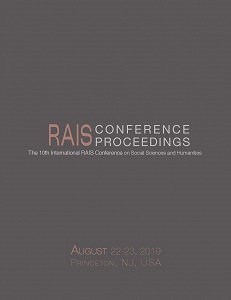Law’s Argumentative Structure Belies the New “Moral Impact” Theory of Law
Law’s Argumentative Structure Belies the New “Moral Impact” Theory of Law
Author(s): Alani Golanski
Subject(s): Philosophy of Law
Published by: Scientia Moralitas Research Institute
Keywords: Dworkin; Hart; jurisprudence; legal philosophy; legal theory; Mark Greenberg; moral philosophy; Richard Hare;
Summary/Abstract: The new Moral Impact Theory (“MIT”) of law is novel, innovative, and influential. It claims that the moral impacts of legal institutional actions, rather than the linguistic content of any “rules” or pronouncements, determine law’s content. MIT’s corollary is thereby that the practice of legal interpretation consists in the inquiry into what is morally required as a consequence of the lawmaking actions. This paper challenges MIT by critiquing its attendant view of the nature of legal interpretation and argument. First, it is not practicable to predicate law’s content on the ability of legal officials to resolve moral controversies. Second, it would be impermissibly uncharitable to claim that participants in the legal system commit widespread error in rejecting a moral argument as a focus of legal interpretation. Third, MIT ultimately rests on a confusion between two levels of thought, the intuitive and the critical, the latter being the deliberative level at which moral and legal thinking diverge. Fourth, because no two cases are precisely alike, and owing to the open texture of natural language, extra-jurisdictional “persuasive” and “secondary” authority permeates legal argument; yet, nearly by definition, such writing cannot have engendered significant moral impacts in the home jurisdiction. Fifth, one way or another, we arrive at linguistic contents.
Book: Proceedings of the 10th International RAIS Conference on Social Sciences and Humanities
- Page Range: 7-13
- Page Count: 6
- Publication Year: 2018
- Language: English
- Content File-PDF

